Republican Presidential Candidates on Labor and Unions
Where the Republican Candidates Stand on Labor and Unions
Union members remain an important constituency in American politics, despite a decline in membership that reached the lowest rate on record in 2022.
Both President Biden and former President Donald J. Trump have courted them, though most of Mr. Trump’s Republican opponents are anti-union to varying degrees. The United Auto Workers went on strike at three plants in September as Republicans made their case to voters, raising the profile of union concerns in the primary race.
He presents himself as a defender of union workers while denouncing union leaders.
Former President Donald J. Trump pitched himself from the start as an ally of the blue-collar worker. That message helped him make inroads among union members, traditionally a Democratic constituency, though his policy record on labor issues is mixed.
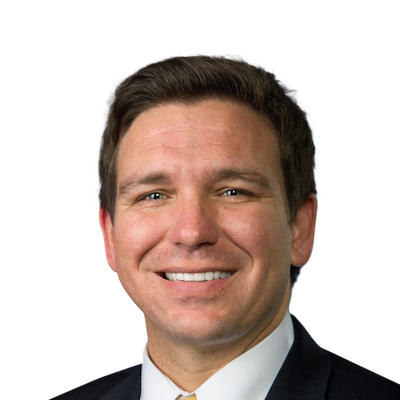
He approved new restrictions for some Florida unions and opposes minimum wage increases.
Gov. Ron DeSantis of Florida signed a bill in May that restricted unions for teachers and other public-sector employees by banning automatic dues deductions from paychecks and letting employees leave a union at any time, among other things. But unions that tend to support Republicans — including those for police officers, firefighters and correctional officers — were largely exempted from the new restrictions.
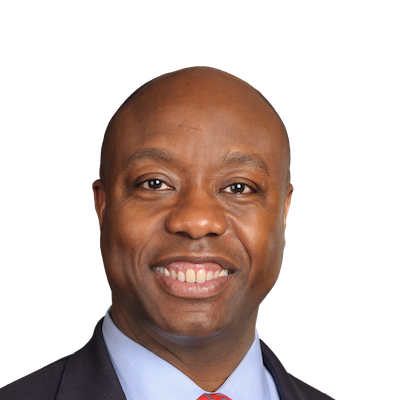
He wants to “break the backs of the teachers’ unions.”
“American workers — not big labor unions — are the engines of job creation, opportunity and our economy,” Senator Tim Scott of South Carolina said in a statement accompanying the most recent introduction of the National Right-to-Work Act, which he co-sponsored. The legislation, broadly supported by Republicans, would establish a national ban on unions’ requiring workers to pay dues.

He wants to eliminate unions for teachers and federal workers.
Vivek Ramaswamy has campaigned on a staunchly anti-union argument: That many unions are harmful forces undermining America and should not exist. Among the G.O.P. field, only he and Nikki Haley have been as broad and vehement in denouncing unions.
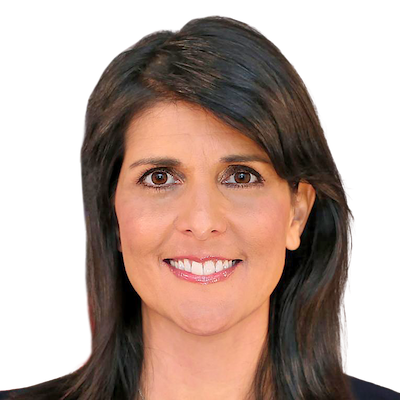
She has called herself a “union buster” and said she didn’t want unions in her state.
Nikki Haley has suggested that unions would not exist in her ideal world, one of the most absolutist positions in the field.
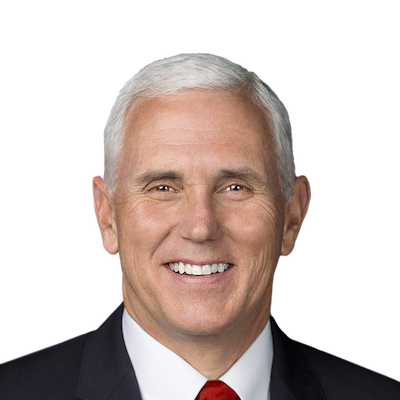
He has a record of moving against union issues.
When he was in Congress, former Vice President Mike Pence voted against raising the federal minimum wage to $7.25 from $5.15. He argued on the House floor in 2007 that raising the minimum wage would cause the loss of entry-level jobs and “hurt the working poor.”
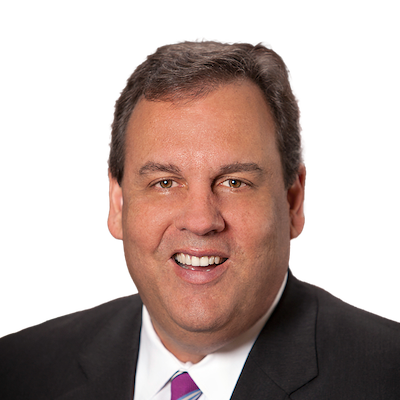
He has attacked teachers’ unions for years but says he is more amenable to private-sector unions.
Chris Christie has waged a war with teachers’ unions since he was first elected governor of New Jersey in 2009. He boasted at the first Republican debate in August that he went “right after the teachers’ unions in New Jersey and drove them down to an all-time low popularity rating because they’re putting themselves before our kids.”
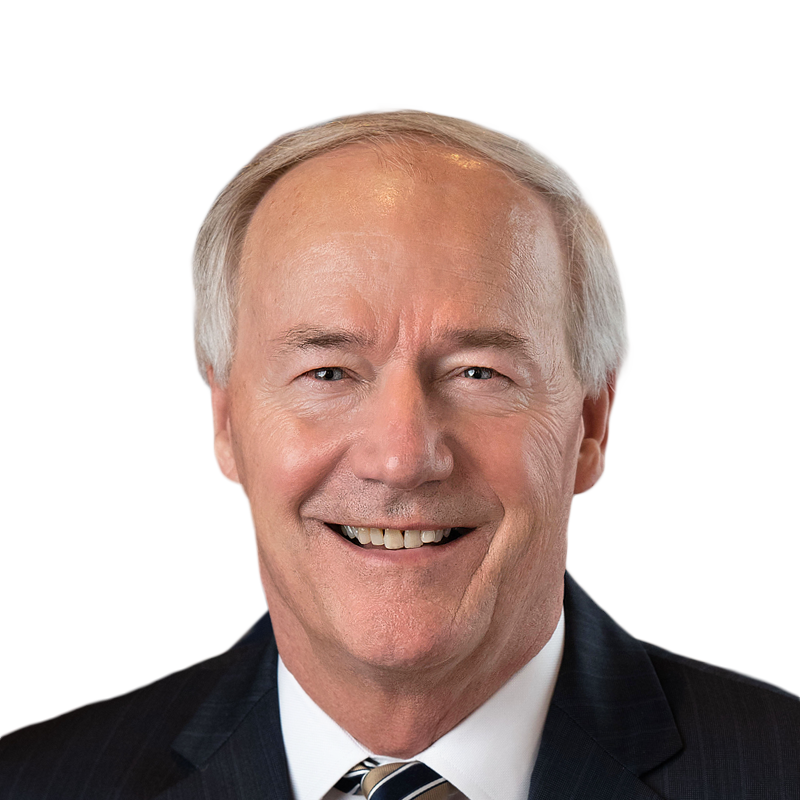
He opposed federal incentives for unionization, but his positions are otherwise unclear.
Former Gov. Asa Hutchinson of Arkansas has not spoken in depth about workers’ rights or unions, and his campaign did not respond to questions from The Times about the United Auto Workers dispute before the strike began.
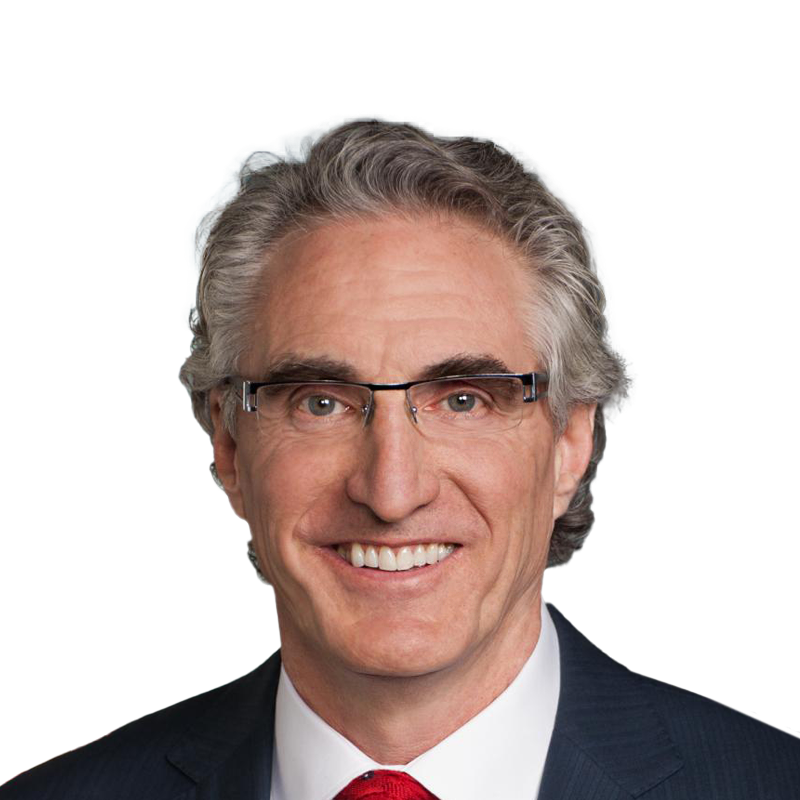
He has criticized federal incentives for unionization, but his positions are otherwise unclear.
Gov. Doug Burgum of North Dakota has not spoken in depth about workers’ rights or unions, and his campaign did not respond to questions from The Times about the United Auto Workers dispute before the strike began. But in an NBC News interview in July, he mentioned efforts to prioritize unionized companies for government incentives as an obstacle to economic growth.
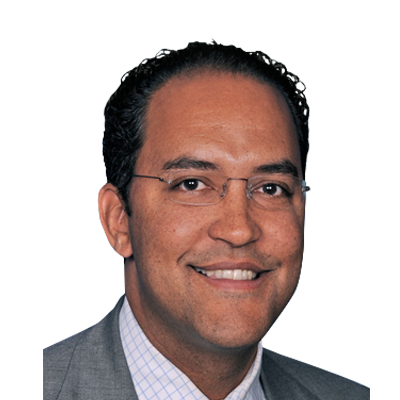
Will Hurd
Former United States Representative
He had some anti-union votes in the House, but his positions are otherwise unclear.
Former Representative Will Hurd of Texas has not spoken in depth about workers’ rights or unions, though his congressional record contains some relevant votes.
Read the full article Here


